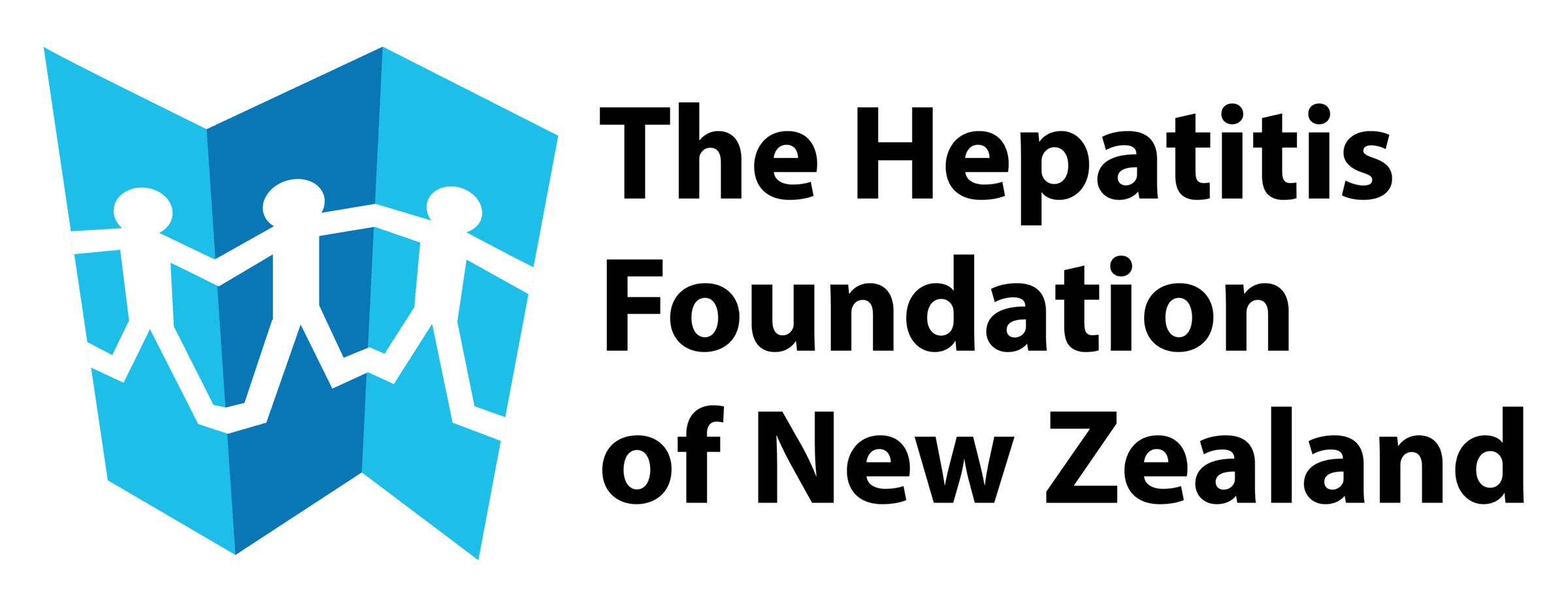A renewed nationwide push is underway to get at-risk people tested for hepatitis C, because it has never been easier to be tested, treated and cured.
More than 100 New Zealanders die every year from hepatitis C, all of whom could have been saved by earlier diagnosis and treatment.
Health New Zealand is working with a range of local providers to set up pop-up testing clinics across the motu to coincide with the week leading up to World Hepatitis Day (Sunday 28 July).
“These innovative approaches are an integral part of the National Hepatitis C National Action Plan 2020 - 2030 which began four years ago and has already achieved excellent results. But with up to 25,000 kiwis still living with hepatitis C, there is still much work to do,” says Dr Ed Gane – the country’s leading expert in hepatitis C.
“We have been successful in reducing new hepatitis C infections with regionally led services testing and treating priority groups as part of the first phase of implementation of the National Hepatitis C Action Plan.
“Between February 2019 and June 2024, around 6400 New Zealanders with hepatitis C had received a course of the hepatitis C treatment Maviret through the public health system.
“You can access a free rapid finger-prick test for hepatitis C at many community sites and will get the result within minutes (see stickittohepc.co.nz). If you do have hepatitis C then there is an easy cure - Maviret tablets once a day eight weeks.
“If you don’t have a GP, then in a world-first, the medicine that treats hepatitis C can now be prescribed through specially trained nurses and pharmacists without the need for a doctor’s prescription. Maviret is safe and has a success rate of over 98 per cent.
“I strongly urge anyone who thinks they may be in at-risk for hepatitis C infection (outlined below) to make every effort to attend a pop-clinic over the awareness week. This disease is ‘easy test, easy cure’,” says Dr Ed Gane.
Each year there are around 500 new infections of hepatitis C in Aotearoa New Zealand.
While some people with the disease experience unusual tiredness, joint pain, loss of appetite, nausea and abdominal pain, many people don’t notice any symptoms until irreparable liver damage has occurred.
If left untreated, up to a third of people with hepatitis C will develop a condition known as cirrhosis, which can progress to life-threatening liver cancer or liver failure.
“If you can’t make it to a pop-up or mobile clinic, there are lots of places you can get a hepatitis C finger-prick test including some pharmacies, Kaupapa Māori health providers and needle exchanges – or you can ask your GP.
“You can find out where to get a hepatitis C test by visiting stickittohepc.co.nz.”
You are at risk of hepatitis C if you:
have ever injected drugs or shared equipment
have ever received a tattoo or body piercing using unsterile equipment
had a blood product transfusion before 1992
have ever lived in a high-risk country or received medical treatment there
have ever been in prison
were born to a mother with hepatitis C.
World Hepatitis Day is not just about hepatitis C. In New Zealand almost 94,000 people are estimated to have hepatitis B.
The Hepatitis Foundation of New Zealand provides a free, lifelong, national monitoring programme for people living with hepatitis B to help improve health outcomes.



